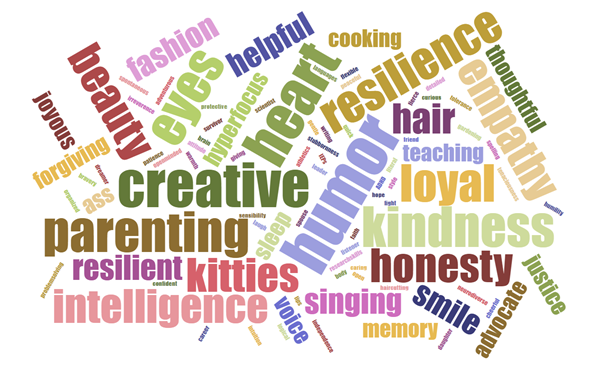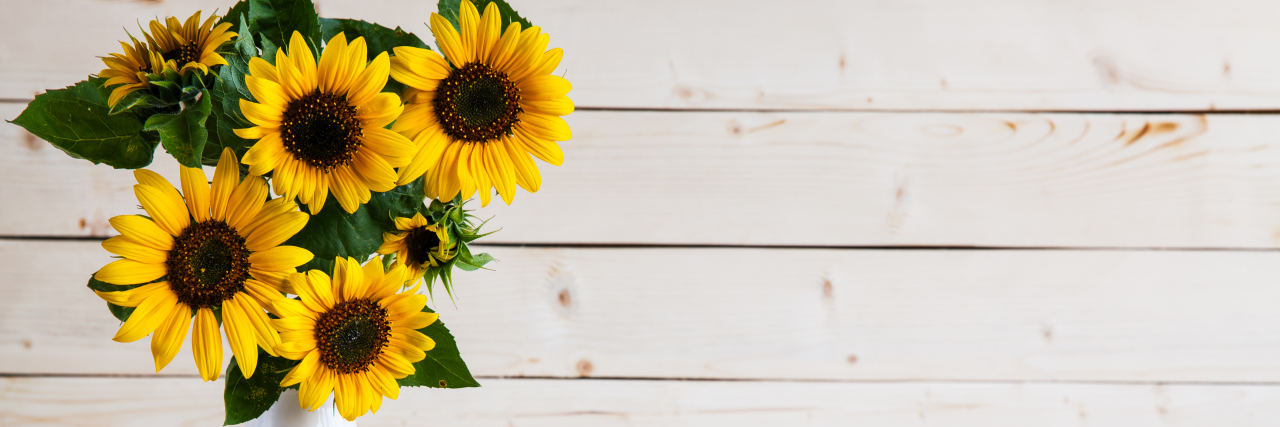I am a member of a private yet abundantly populated Facebook group named Autism Inclusivity. In my opinion, this group has a nice balance of showing empathy for others’ shared struggles, providing advice to those wishing to learn more, and humorous or light-hearted content shared just for fun.

One such post used this “self-love hippo” to provoke fellow autistic members to simply list “three things you like about yourself” in the comments. I responded to this post myself, including the traits of “creative,” “passionate,” and [continuing] “growth.” Then, as I curiously scrolled through others’ comments, I noticed several of the same themes emerged over and over again. Furthermore, many of these themes or terms are in stark contradiction to how the general public perceives autism. It’s no secret that many (most?) non-autistic people harbor false and harmful perceptions of what autism really means. So terms conveying confidence in “parenting” or “empathy” are ones that may strike cognitive dissonance in a lay audience, perhaps cracking open a door to future learning and social justice advocacy.
The patterns I recognized, just by scanning the positive traits of the adult autistic community, inspired me to generate a word cloud to help further visualize the trends, both for my own curiosity and for anyone else’s. I used a freely-available web-based software to produce the following graphic:

For any STEM-minded folks, I’ll mention that this result was based on 220 terms shared by approximately n = 70 participants. By the comparatively larger text, we can see that “humor,” “creative” and “heart” are three of the most frequently mentioned traits. Not too far behind are “resilience,” “kindness” and “empathy.” For anyone raised to believe that autistic people lack empathy, are inflexible, or don’t think abstractly — I challenge you to grapple with this harmful contradiction. For anyone who is actually autistic or is an authentic ally, what are your “three things you like most” about yourself or your autistic loved one?
Getty image by Serbogachuk.

